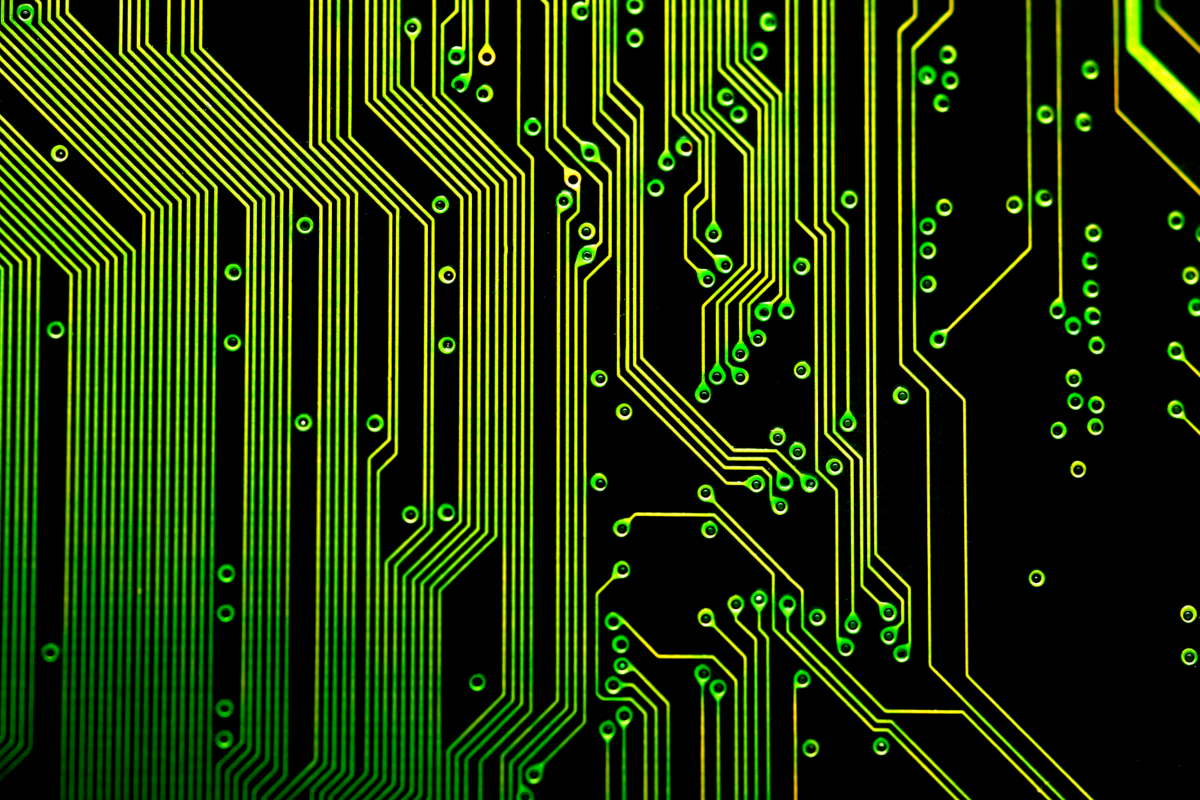New technologies having devastating impact on rights in counter-terrorism policy, says UN Special Rapporteur
Topic
Country/Region
02 March 2023
"New technologies, particularly digital technologies, are transforming the ways in which human rights are impeded and violated around the world," says a damning new report by the Special Rapporteur on the promotion and protection of human rights and fundamental freedoms while countering terrorism, Fionnuala Ní Aoláin. The report "addresses the intersection of counter-terrorism and preventing and countering violent extremism with the use of new technologies," and condemns "the elevation of blinkered security thinking that has accompanied a particularly restrictive approach to countering terrorism".
Support our work: become a Friend of Statewatch from as little as £1/€1 per month.

Image: Creativity103, CC BY 2.0
The report highlights biometrics, drones, the use of artificial intelligence in counter-terrorism, surveillance (in particular "the worldwide proliferation and misuse of sophisticated intrusive cybersurveillance technologies") and also looks at the effects of terrorism on children "and the need for States to adopt human rights-compliant legislation to protect the human rights of victims of terrorism."
It ends with a series of detailed recommendations directed at members states, UN bodies, and businesses.
Counter-terrorism is one of the justifications that has been deployed for the massive expansion in EU policing and migration databases in recent years, alongside the need to better control migration, and Statewatch has analysed these developments in depth. You can find a number of reports looking at those issues here, and explore all our archives here.
The text that follows is the summary of the report (pdf). Emphasis has been added.
In the present report, the Special Rapporteur on the promotion and protection of human rights and fundamental freedoms while countering terrorism, Fionnuala Ní Aoláin, addresses the human rights challenges and consequences of the development, use and transfer of new technologies in the context of counter-terrorism and countering violent extremism. The Special Rapporteur acknowledges the capacity of new technologies to positively transform lives and enhance the full realization of human rights, equality and dignity for human beings, and the significant potential new technologies have for addressing human rights lacunae for the most marginalized and vulnerable. Regrettably, at the same time, new technologies are being misused worldwide to restrict and violate human rights.
The present report illuminates the ways in which counter-terrorism and security are frequently used to provide political and legal justifications for the adoption of high-risk and highly intrusive technologies on the basis of exceptional threats and with the promise of strictly limited application. The report demonstrates that such rationales and limitations rarely hold, and that the claim of exceptional use to respond to security crises is a chimera, when the reality is broad and wholesale use which lacks adequate human rights or rule of law restraints. Such technologies, including biometric, surveillance and drone technology, have serious negative impacts on the enjoyment of human rights across the globe. The Special Rapporteur highlights the human rights risks inherent in the development, deployment and transfer of such technologies internationally. She is also deeply concerned about the discriminatory elements built into the development and deployment of such technologies. Negative consequences include direct violations of non-derogable rights, the integrity of which is being undermined by new technologies lacking any meaningful legal oversight, and impunity for both State and non-State actors whose use and transfer of such technologies involves systemic rights-violative practice. The impact on human rights across the globe is devastating, particularly the exercise of the rights to privacy, expression, association and political participation. The Special Rapporteur’s key point is that abusive practices are hardwired into the counter-terrorism and countering violent extremism arena, precisely because in the absence of an agreed international definition of those phenomena, States define them to advance a variety of interests, few of which engage human rights and the rule of law. She calls for a moratorium on the use of certain technologies, including a global prohibition of lethal autonomous weapons systems. She specifically demands a cease-and-desist policy by Member States on the transfer of such technologies to States that have a demonstrated history of human rights violations, as confirmed in the resolutions of the Human Rights Council and the General Assembly and the findings of United Nations human rights treaty bodies. In alignment with the United Nations High Commissioner for Human Rights, she calls for a moratorium on the transfer of surveillance technology. She also provides a template for a global regulatory framework on the use of surveillance technologies.
Full report
-
Human rights implications of the development, use and transfer of new technologies in the context of counter-terrorism and countering and preventing violent extremism (A/HRC/52/39, pdf), originally published here
Our work is only possible with your support.
Become a Friend of Statewatch from as little as £1/€1 per month.
Spotted an error? If you've spotted a problem with this page, just click once to let us know.

